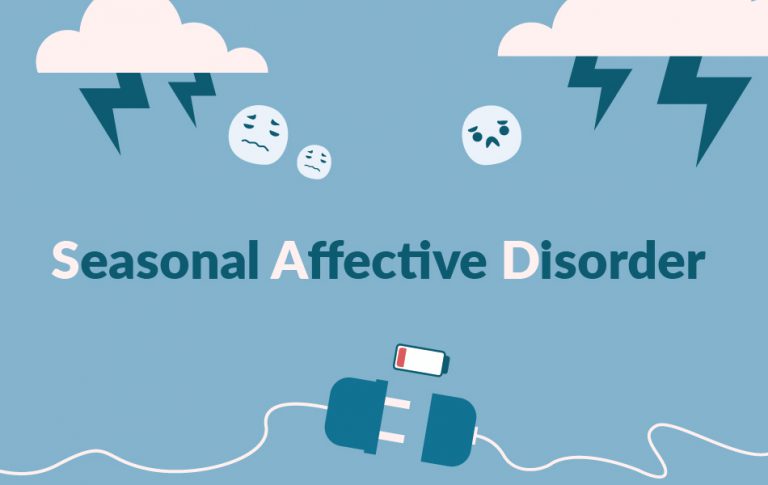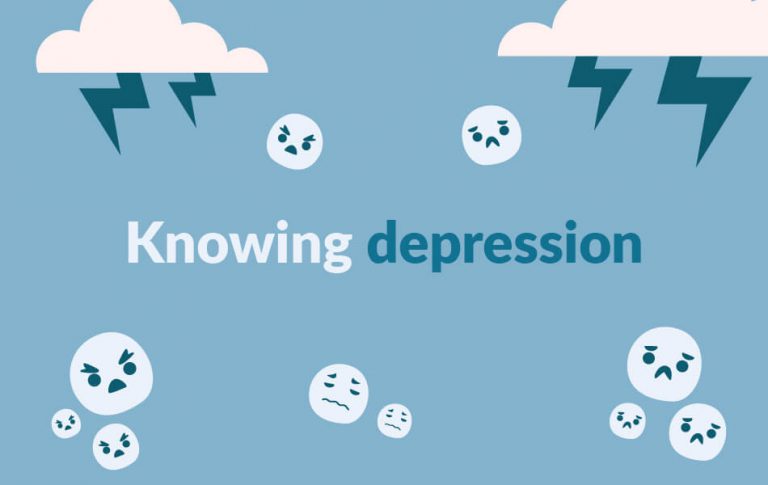What is an anxiety disorder?
Have you ever felt out of control? Or disconnected from your mind, body and soul? Do you often experience panic attacks, nightmares or painful thoughts of the past? Then this article is for you. We will be covering anxiety disorders in this month’s blog post to provide you with some insight into the topic of anxiety disorders.
People experience stress and anxiety in various forms. Some experience an overwhelming feeling of fear and constant worry or perhaps fear a place, memory or event. Anxiety disorder is a type of mental health condition that may have an adverse effect on your life if left untreated. For many suffering from an anxiety disorder, it can seem like a tremendous feat in their search for help.
It is perfectly normal to experience some sort of anxiety throughout your life. You may feel anxious about a deadline at work, or when you go for an interview. This type or level of anxiety is perfectly normal as it keeps us aware and safe in our surroundings. But, anxiety as a mental disorder goes far beyond that.
As soon as you feel that your anxiety interferes with your ability to function at work or home, or perhaps you find yourself overreacting to something that triggers your anxiety and you struggle to control these situations, it might be time to consider seeking professional help. Learn more about anxiety disorders in the blog post below.
Who is at risk of developing anxiety disorders?
Anxiety disorders don’t discriminate. The condition can affect anyone who has at some point experienced overwhelming amounts of trauma or stress build-up after prolonged exposure. Anxiety disorders can also be linked to your genetic code. Meaning it could run in the family. Certain personality types are also more prone to the development of anxiety disorders and so are people who frequently misuse drugs or alcohol, which only worsens the anxiety disorder.
The journal brain & behaviour published results pertaining to anxiety disorders in an attempt to understand and shed more light on anxiety disorders as a condition. The University of Cambridge analysed the results of 48 prior studies and the results show a very different picture. They discovered that anxiety disorders are far more commonly found in females than in males. Furthermore, other groups at risk include adults under the age group of 35 as well as people with chronic diseases such as cardiovascular disease, diabetes, and cancer. The loss of a loved one, work stress or ongoing financial worry can also all be contributing factors to anxiety disorder.
Types of anxiety disorders
There are five classified types of anxiety disorders which we will briefly cover below. Should you wish to find out more, you can give us a call and a qualified professional will provide you with some guidance in order to minimise the effects of anxiety disorder.
The causes of anxiety
To this day, researchers don’t know the origin of anxiety disorders and they suspect it could be from a combination of several factors. What we do know however, is that they don’t come from character flaws or personal weakness so don’t blame yourself when experiencing anxiety. The good news is it can also be treated but more on that later.
Here are some factors which researchers suspect might play a role:
Chemical imbalance
In the case of severe long-lasting periods of stress, the chemical balance in your brain could affect your frame of mind leading to an anxiety disorder.Environment plays a role
In the case of where someone experiences a traumatic event, it could trigger an anxiety disorder.Hereditary factors
As mentioned above, anxiety disorder tends to run in families and can be inherited from one or both parents.
Typical symptoms of anxiety disorder
Here are some of the symptoms of anxiety disorder, although it is not limited to just the ones listed below. We recommend getting in touch with a medical health care professional who can help with treating anxiety disorders.
Prevention
There is simply no way you can predict whether or not you will fall victim to anxiety disorder. There is however, certain elements you can revise or look at to lower your chances of developing anxiety disorder. If you already struggle with anxiety you should contact your nearest mental health clinic to seek treatment.
Seek help as early as possible
Like most other mental health conditions, anxiety can be harder to treat if you don’t take the necessary steps. If you suspect that you suffer from any form of anxiety disorder this online quiz will help you determine your options.
Stay active
It is no secret that when a person engages in physical activity the brain releases healthy endorphins which help alleviate symptoms of anxiety. Find an activity that you enjoy and that makes you feel good about yourself.
Avoid numbing yourself
Substances such as alcohol or drugs can often worsen the symptoms of anxiety so ensure you stay clear of any substances that may heighten the feeling. If you are already addicted to a substance and you are trying to quit it can also increase your anxiety so, ensure you seek help from a professional on your journey to recovery.
A healthy diet goes a long way
Ever heard the expression, you are what you eat? Well, in this case it has never been more accurate. If you constantly indulge in junk-food, you will end up feeling like “junk”. On the other hand, if you enjoy a healthy diet with all the right nutritional elements you will feel happier and healthier than ever. A good diet you can explore is a general Mediterranean diet which contains everything you need to live a healthy life. Remember, it is best to speak to a qualified medical practitioner first before you make any drastic changes. Contact Zwavelstream clinic and speak to a medical professional today.
Don’t let anxiety take control of your precious life. Rather seek the necessary help when you are feeling overly anxious because prevention is far better than cure. At ZwavelStream Clinic you will receive the appropriate medical care in a completely destigmatised environment where you can focus on your recovery with the beauty of nature surrounding the clinic. Your medical care provider will work out a treatment plan based on the assessment which may include medication or psychotherapy.
In the case where medication is required, your health care provider will work with you to determine the right combination and dosage of medication. They will also monitor how you respond to certain types of medication to limit any negative side-effects. In the case where counselling or psychotherapy is required, your medical practitioner will help you deal with your emotional response to the anxiety disorder.
To read more about anxiety please visit our blogs for more insightful content regarding mental health and the various elements that impact our mental wellbeing.







